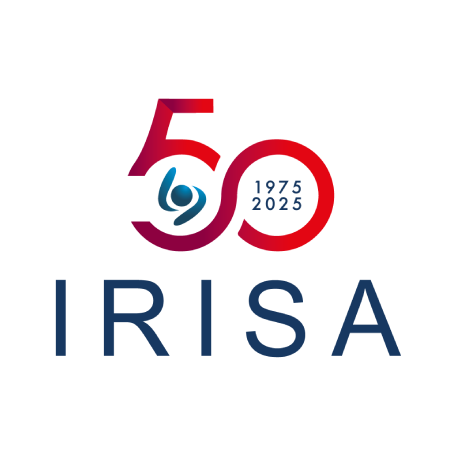

What if virtual reality helped the rehabilitation of Covid-19 patients in resuscitation?
Verare, an innovative concept implemented in record time thanks to a close collaboration between the Hybrid research team and the teams from the intensive care and physical and rehabilitation medicine departments of Rennes University Hospital
A few weeks before the health crisis, the Hybrid research team, Yoann Launey, anaesthetist in the surgical intensive care unit (ICU) at the Rennes University Hospital and Mélanie Cogné, specialized in Physical and Rehabilitation Medicine at Rennes University Hospital imagined a very innovative concept based on virtual reality to help intensive care patients coming out of a coma state. Weakened, with difficulties to resume walking, they currently benefit from few means of rehabilitation at this stage.
Convinced of the importance of this concept, the CHU doctors and the research team have transformed this idea into a real scientific project.
It was at the arrival of the health crisis that the process was activated. Everyone immediately thought that this project could serve as a basis for the rehabilitation of Covid-19 patients who find themselves in this terrible situation. All of them have greatly accelerated things in order to be able to release this application as soon as possible, and meet the needs of the health crisis.
According to Mélanie Cogné, Physician of Physical and Rehabilitation Medicine, University and CHU of Rennes,
When Anatole Lécuyer told me about his discussion with Yoann Launey about the use of virtual reality for resuscitation patients, his enthusiasm was contagious and the interest of using these tools in this fragile population for which traditional rehabilitation has limits was obvious. The structuring of the project was then very rapid, and driven by the common motivation of the physical medicine, rehabilitation and resuscitation teams and the Hybrid research team.
If all goes well, the first patients will therefore be able to start using the virtual reality application at the Rennes University Hospital only two months after the project has been drafted ... which in itself is a real feat!

To learn more about the project and read the whole article with the interview of one of the project leaders: Anatole Lécuyer, Inria research director and head of the Hybrid research team.
VERARE members (alphabetique order) :
Anatole Lécuyer (directeur de recherche Inria), Diane Dewez (doctorante Inria), Ferran Argelaguet (chercheur Inria), Florence Celant (médecin de médecine physique et de réadaptation CHU Rennes), Florian Nouviale (ingénieur de recherche Inria), Gwendal Fouché (doctorant Inria), Justine Saint-Aubert (post-doctorante Inria), Mélanie Cogné (médecin de médecine physique et de réadaptation CHU Rennes), Quentin Denis-Lutard (stagiaire Inria), Rafik Drissi (stagiaire Université de Rennes 1), Rebecca Fribourg (doctorante Inria), Ronan Gaugne (ingénieur de recherche Université de Rennes 1), Thomas Howard (post-doctorant CNRS), Valérie Gouranton (enseignante-chercheure INSA Rennes), Victor Mercado (doctorant Inria), Yoann Launey (médecin en réanimation chirurgicale CHU Rennes).
